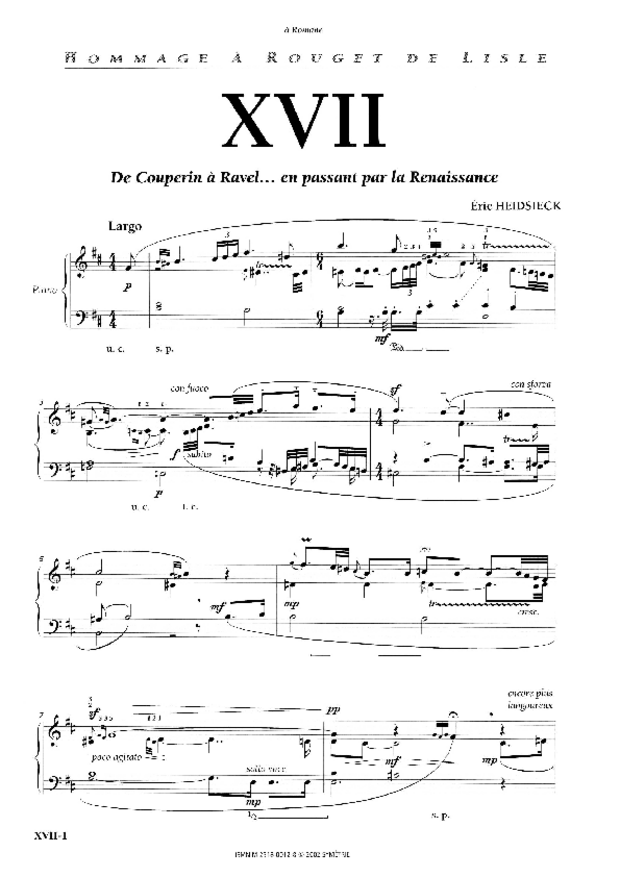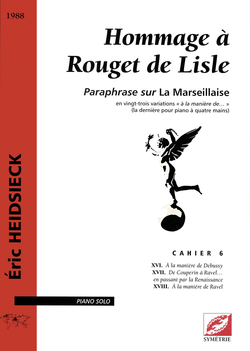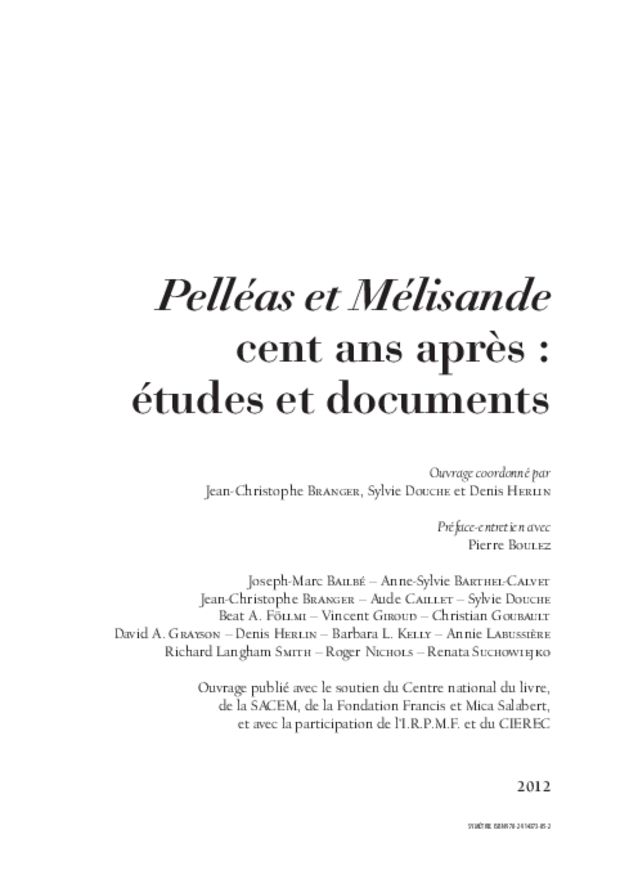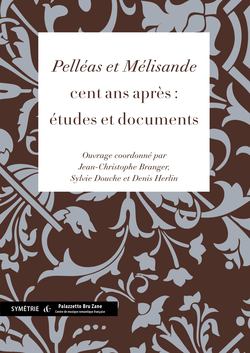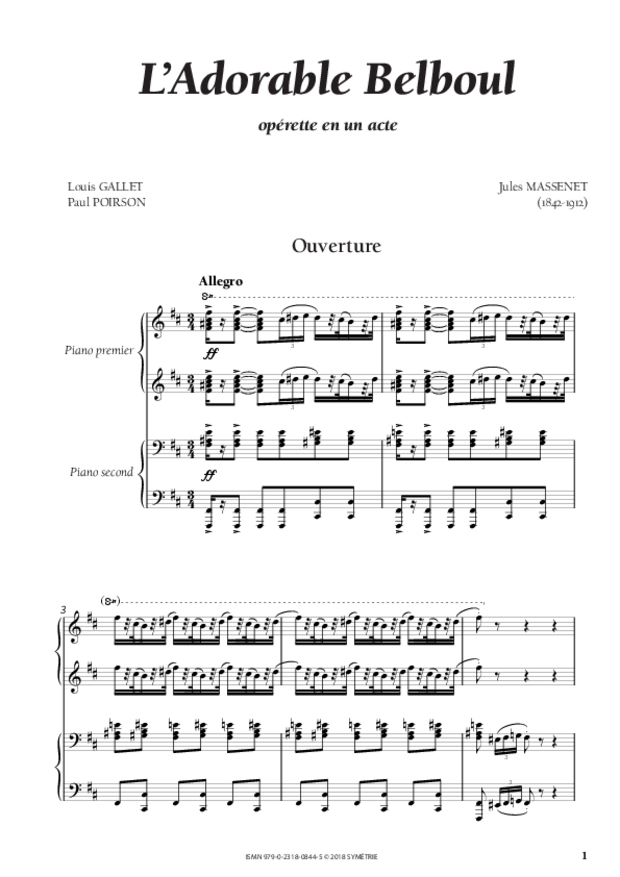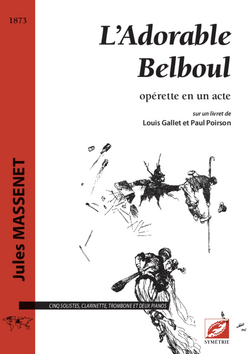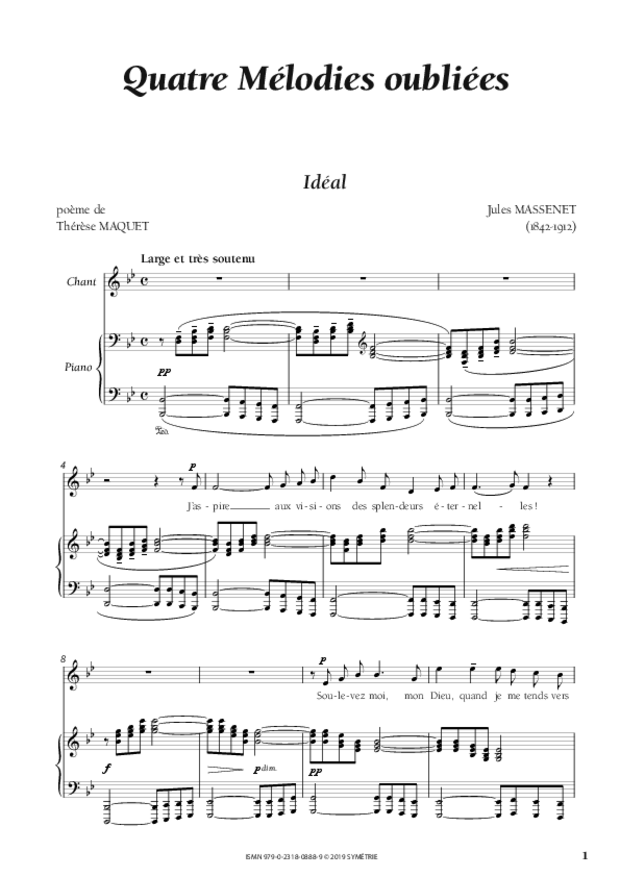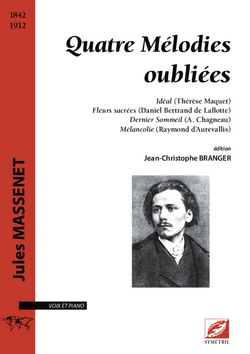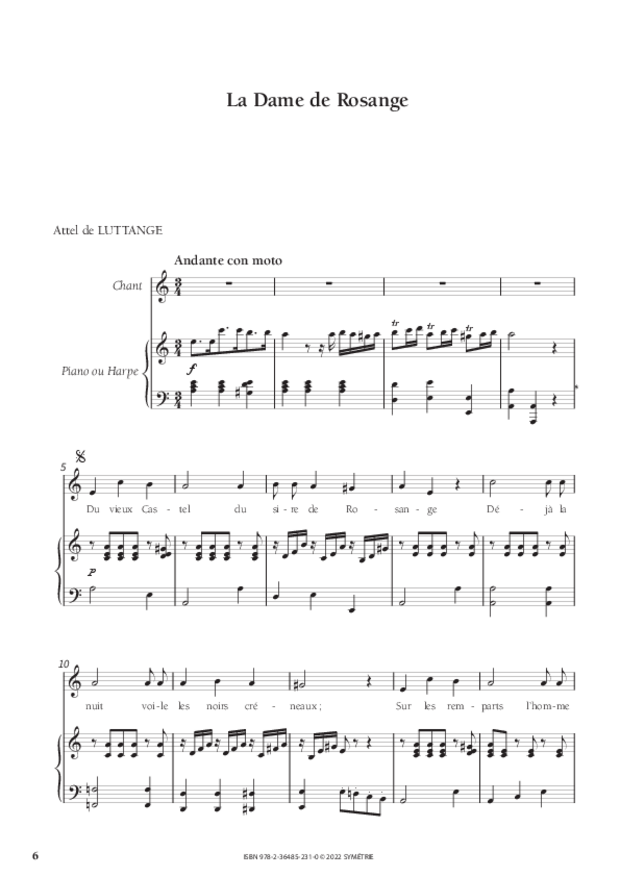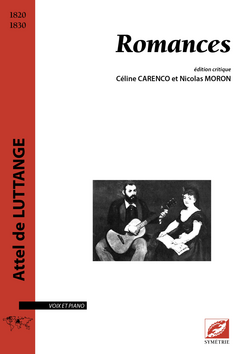Claude Debussy died on 25 March 1918 to the sound of the German bombardments of Paris. Although briefly dismissed during the Années folles as an ageing Romantic whose murmurings about mists and moonlight, fauns and waves seemed to belong to the last gasp of the nineteenth century, the true significance of his revolutionary musical innovations soon began to emerge, and by the end of the next world war Debussy had assumed his rightful place as a giant of musical modernism and a treasure of the French patrimoine nationale. At the centenary of his passing the importance of his music has far from waned and he is internationally recognised as one of the most influential composers of the twentieth century, his music continuing to point the way ahead into the next hundred years.
Comprising fifteen chapters by an international group of established and emerging scholars, Claude Debussy, d’hier à aujourd’hui reassesses the composer’s place not only in the musical and artistic context of his time but also during the period from his death to the present through considering issues that have hitherto been little explored. Presenting new investigations relating to sketch study, analysis of compositional gesture, correspondence, aesthetics, performance practice, historiography, reception and historic recordings as well as his influence on jazz and popular music, this important new study evaluates Debussy’s enduring legacy at the dawn of the twenty-first century.
Summary
-
Introduction9
-
Études génétiques15
-
Le livret interrompu. Un projet de collaboration inabouti : Comme il vous plaira de Toulet et
Debussy17Gabriela Elgarrista
-
« Feux d’artifice » de Debussy : méthodes et techniques de composition35
François Delécluse
-
Autour du Pierrot lunaire de Zágon : Debussy et la question de l’« accent prosodique »65
Denis Herlin
-
Esthétique111
-
Pelléas et Mélisande et la querelle des esthétiques d’avant-garde dans l’opéra français (1897-1902)113
François de Médicis
-
Micro and Macro Tempo Fluctuations in ‘Sirènes’: an Unequal Contest137
Simon Tresize
-
Marius-François Gaillard and his Pianistic Contemporaries: Interpretation and Style in the 78-rpm Recordings of Debussy’s Piano Works149
Caroline Rae
-
Debussy jugé par ses pairs179
-
Présences debussystes dans le cercle de la Schola Cantorum (1902-1918)181
Stéphan Etcharry
-
La réception de l’œuvre de Debussy dans l’Italie de l’entre-deux-guerres205
Marica Bottaro
-
« De la gelée faite par un artisan qui connaît son métier » : l’ambivalence de Prokofiev face à Debussy219
Nicolas Moron
-
« Ne soumettre personne » : André Boucourechliev et la figure d’un Debussy libérateur229
François Balanche
-
Réception et diffusion de l’œuvre247
-
Performing Debussy in France during the Great War249
Barbara L. Kelly
-
The Untroubled Modernist: Debussy in Madrid (1890-1914)287
Francisco Parralejo Masa
-
Pelléas et Mélisande, versions Cocteau : la tradition en question (1962-1965)309
Dominique Escande
-
Debussy par le jazz : d’un centenaire l’autre323
Vincent Cotro
-
Debussy à l’ère de l’échantillonnage numérique : Boucles, surface samples, citations « allosoniques » et « autosoniques »339
Juliana Pimentel
-
Index des œuvres de Debussy357
-
Index des noms361
